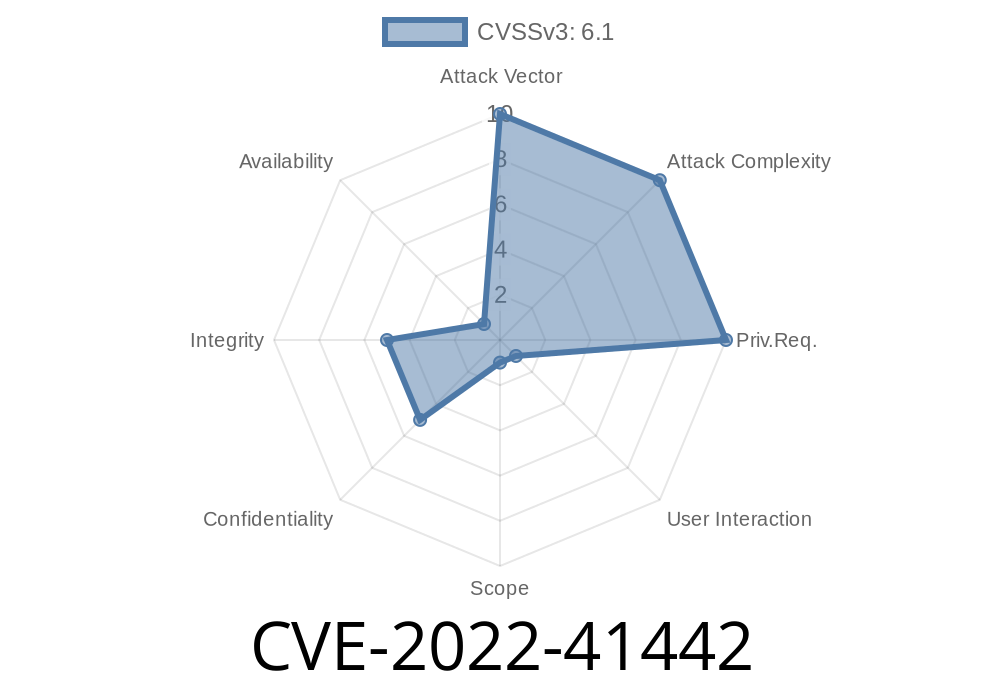A logged attack can cause a remote code execution and a serious threat to the system security. An attacker can inject malicious script code into the server-side settings of an application to cause a denial-of-service, obtain private information, execute a man-in-the-middle attack, or hide malicious code from the server-side code review. XSS is the most common cross-site scripting (XSS) vulnerability. XSS can be easily triggered by injecting malicious script code into the server-side settings of an application to cause a denial-of service, obtain private information, execute a man-in-the-middle attack, or hide malicious code from the server-side code review. XSS can be exploited by hackers to obtain sensitive information such as usernames, passwords, and other confidential data. An attacker can inject malicious script code into the server-side settings of an application to cause a denial-of-service, obtain private information, execute a man-in-the-middle attack, or hide malicious code from the server-side code review. XSS can be exploited by hackers to obtain sensitive information such as usernames, passwords, and other confidential data. XSS can be easily exploited by hackers to obtain sensitive information such as usernames, passwords, and other confidential data. To protect your website from XSS attacks, follow the following precautions: Keep your website updated.
Use a web host that has a high-quality firewall to protect
Keep your website updated
In order to keep your website updated, use a web host that has a high-quality firewall to protect your website from malicious visitors. This will prevent hackers from injecting malicious code into your website.
To protect your website from XSS attacks, follow the following precautions: Keep your website updated. Use a web host that has a high-quality firewall to protect your website from malicious visitors. This will prevent hackers from injecting malicious code into your website.
Timeline
Published on: 10/07/2022 22:15:00 UTC
Last modified on: 10/11/2022 17:10:00 UTC
